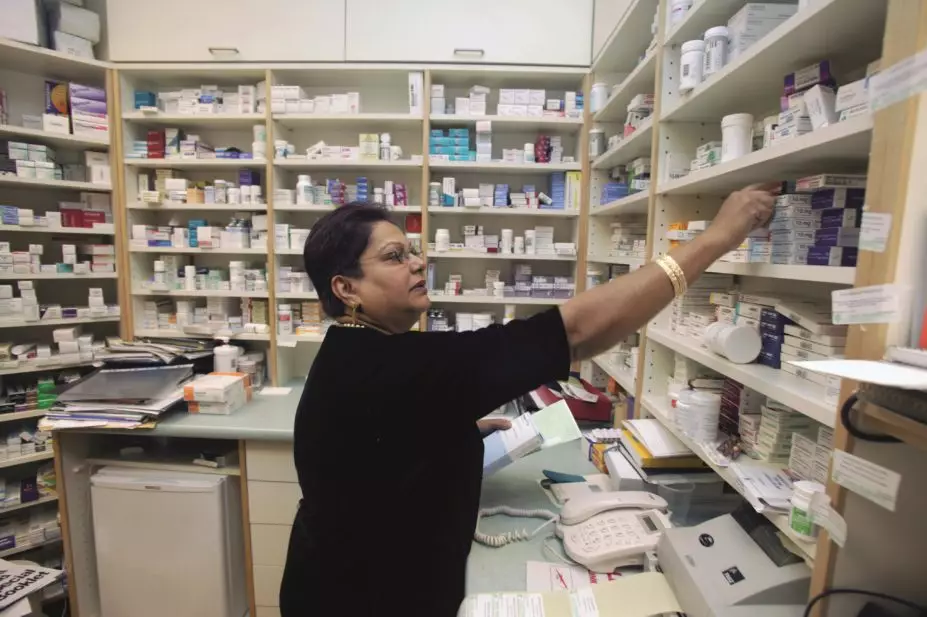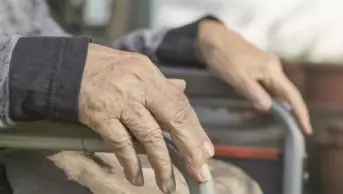
Photofusion Picture Library / Alamy
A national service that reimburses pharmacists for providing emergency supplies of prescription medicines would boost patient care and improve communication between pharmacy and general practice, research suggests.
Community pharmacists regularly supply medicines to patients who, for various reasons, have run out and cannot get hold of a repeat prescription in time, according to a study published in BMJ Open
[1]
on 20 July 2015.
In most cases, medicines were found to be ‘loaned’ in advance of a prescription being obtained, but this does not take into account the pharmacist’s workload involved in providing the service, the researchers report.
Over two four-week periods, 22 pharmacies taking part in the study reported 526 medicines requested by 450 patients.
A series of interviews found that many pharmacies receive daily requests for emergency supplies, mostly from elderly patients taking medicines for long-term conditions. Common reasons for patients requesting an emergency supply included forgetting to order and delays in repeat prescriptions.
The team from Liverpool John Moores University also reported that providing a continuous supply had a positive effect on medicines adherence.
Some patients told the researchers they would have had to use NHS urgent care services had the pharmacist not been able to give them an emergency supply.
Study leader Charles Morecroft says that while patients already benefit from the pharmacist being able to provide medicine at their discretion, the current system of having to ‘loan’ the medicine against the next NHS prescription is not optimal because it requires another loan the following month.
“A service that would allow pharmacists to provide prescribed medicines without the necessity to balance against an NHS prescription would be more appropriate. This form of supply would utilise pharmacist’s skills and experience and alleviate the strain on other NHS services,” he says.
Alastair Buxton, director of NHS services at the Pharmaceutical Services Negotiating Committee, says a national service would bring benefits to patients and the NHS.
“This study confirms how much benefit an increase in repeat dispensing combined with an urgent supply service could bring,” he says. “It shows just how routinely community pharmacies have to make urgent supplies of medicines and we expect this result to be further echoed in the results of the national clinical audit undertaken by pharmacies this year.”
Sandra Gidley, chair of the English Pharmacy Board at the Royal Pharmaceutical Society, says she is not surprised that the study found pharmacists were regularly providing this service. She says the approaches to providing emergency supplies of medicines varied across the country, with some patients being directed to NHS 111 for a prescription.
“We’re trying to tell patients to take all their medicines and, if we’re really interested in a service that works around the needs of the patient, we should be thinking about a national standard. It seems a no brainer to me,” says Gidley.
Rob Darracott, chief executive of Pharmacy Voice, says: “Community pharmacy teams offer high levels of patient care and in many instances go above and beyond their contractual remit in order to improve patient safety.”


